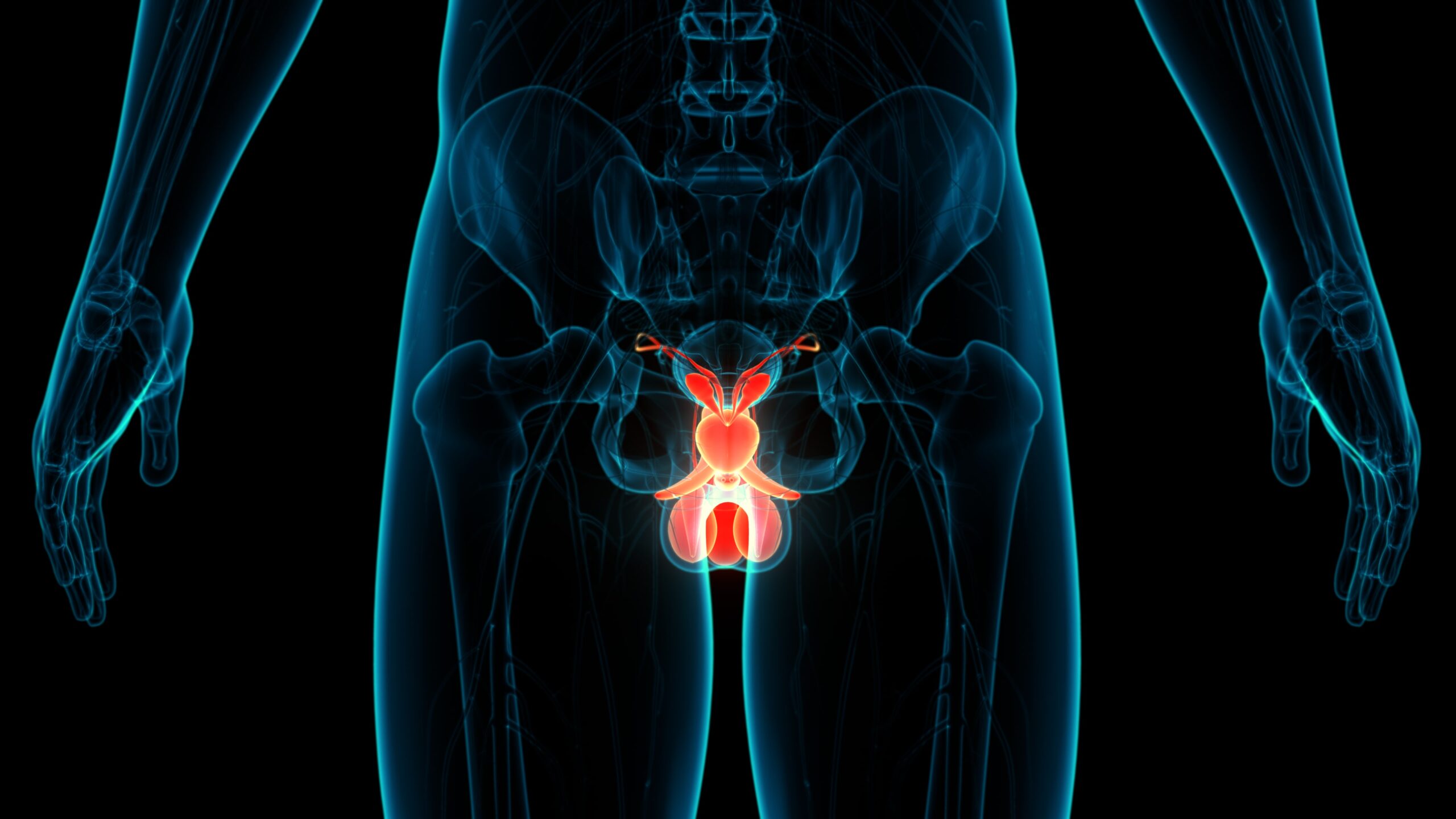Reviewed by Pharmacist Zohara Multani MPharm, PgClinDip, IPresc
In this article, I will describe the symptoms and causes of erectile dysfunction. I will also go over treatment options.
What is erectile dysfunction?
Erectile dysfunction (ED) is also known as impotence. It is the inability to obtain and/or maintain an erection firm enough for sex.
This can significantly affect a person’s sex life.
Erectile dysfunction is very common especially in older people, however younger people can also be affected. It is estimated that around half of men between 40 to 70 years old will suffer from erectile dysfunction to some extent.
Treatments are available to help with the symptoms of erectile dysfunction, and include medicines, devices, changes in lifestyle or even surgery.
Causes
Sometimes, it can be normal to have trouble in obtaining or maintaining an erection. It can be simply due to triggers such as feeling tired, stressed, drinking excessive alcohol or using recreational drugs. Once the triggers are no longer there, obtaining/maintaining an erection should return to normal.
Longstanding erectile dysfunction can have a specific cause(s). The majority of cases are due to physical causes, but psychological factors also cause/contribute to erectile dysfunction. Sometimes a combination of both physical and psychological factors are the reason.
Physical causes include four main types of health conditions:
- Age – Older age is a risk factor for ED. This is because testosterone levels can decline naturally as men age. Nerves, muscles and blood vessels can also decline again contributing to erectile dysfunction.
- Atherosclerosis – causing reduced blood flow to the penis. This can be due to smoking, age, conditions such as hypertension, elevated cholesterol and diabetes.
- Obesity
- Lifestyle factors – smoking and alcohol/substance abuse
- Damage to nerves – this can occur in Parkinson’s disease, multiple sclerosis and even diabetes
- Injury to nerves – for example spinal injuries, fracture of the pelvis, complication of surgery
- Hormonal problems – such as hypogonadism which cause abnormally low testosterone levels, thyroid problems, Cushing syndrome.
- Peyronie’s disease – affects the tissue of the penis and is a health condition which affects the physical structure of the penis.
- Cycling – prolonged saddle sitting can put pressure on the nerves going to the penis area
- Concomitant medication – erectile dysfunction can be a side effect of medication such as antidepressants, antihistamines, antiandrogens, diuretics.
It is important to speak to the GP if there are concerns that a prescribed medication is causing erectile dysfunction. The GP may be able to prescribe an alternative medicine. It is important not to stop taking a medication that has been prescribed, unless advised by a qualified healthcare professional in charge of care.
Psychological causes include:
- Depression
- Anxiety – particularly performance anxiety
- Stress
- Relationship issues
Diagnosis of erectile dysfunction
A visit to the GP can be helpful in getting erectile dysfunction diagnosed. The consultation with the GP can include a physical examination to determine the cause. The GP may ask about: the symptoms, mental health, physical health, sexual history, smoking, alcohol, illicit drug use, medication.
Tests are not always necessary; however, they can be important to diagnose other conditions which might be contributing to erectile dysfunction as mentioned above. Tests can include BMI, cholesterol check, diabetes check, testosterone levels, urine check, blood pressure check, PSA etc.
Treatment of erectile dysfunction
If the cause of erectile dysfunction is an underlying health condition (e.g. diabetes), then this condition may need to be treated first. This means that erectile dysfunction may go away once the condition is treated.
If prescribed medication is the cause of erectile dysfunction, then the GP may be able to offer an alternative, however it is vital to speak to the GP about this and not stop taking prescribed medication unless advised by a qualified healthcare professional involved in care.
Lifestyle changes
Making changes to lifestyle can improve erectile dysfunction as well as improve general health. This includes:
- Weight reduction if overweight
- Smoking cessation
- Reducing alcohol intake
- Reducing stress levels
- Increasing activity levels. Visit Exercise – NHS for more information
PDE-5 inhibitors (Phosphodiesterase-5 inhibitors) – such as sildenafil, tadalafil, vardenafil, avanafil.
PDE-5 inhibitors are commonly used medication to treat erectile dysfunction. They increase blood flow to the penis temporarily.
- Sildenafil – includes branded Viagra and generic (non-branded) sildenafil
- Tadalafil – includes branded Cialis and generic (non-branded) tadalafil
- Vardenafil – includes Levitra and generic (non-branded) vardenafil
- Avanafil – brand name Spedra
More information about each PDE-5 inhibitor medicine is available on our erectile dysfunction treatment page (message for ASH – please hyperlink ED treatment page)
Other treatments include:
- Vacuum pumps
- Alprostadil – a synthetic hormone that stimulates blood flow to the penis. It exists as an injection administered directly into the penis or a small pellet placed inside the urethra.
- Hormone therapy – if a hormone condition is causing erectile dysfunction
- Surgery – To unblock blood vessels and restore normal blood supply. Usually considered in those with a significant anatomical issue with the penis or for those who have experienced injuries to the pelvic area
- Penile implants – a type of surgery to insert semi-rigid implants or inflatable implants
- Psychological treatments – such as counselling, psychosexual counselling, cognitive behavioural therapy (CBT)
References
https://www.nhs.uk/conditions/erection-problems-erectile-dysfunction/
https://cks.nice.org.uk/topics/erectile-dysfunction/background-information/prevalence/
https://pmc.ncbi.nlm.nih.gov/articles/PMC9159135/
https://cks.nice.org.uk/topics/erectile-dysfunction/management/


